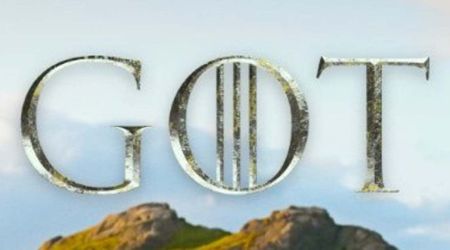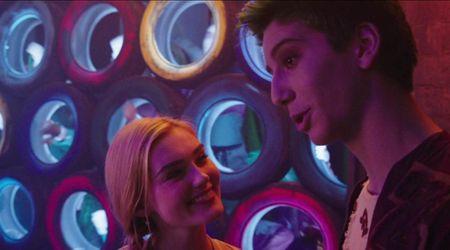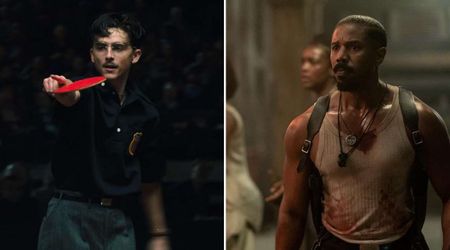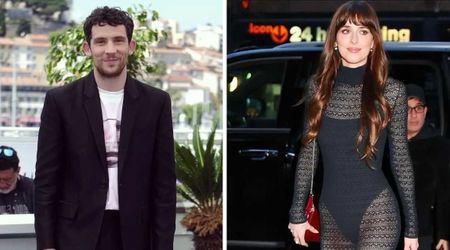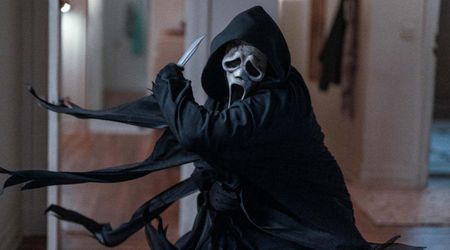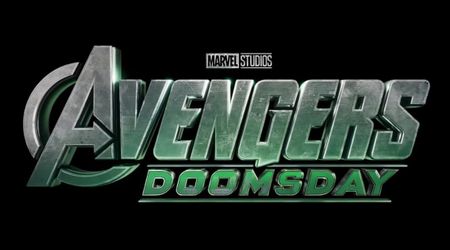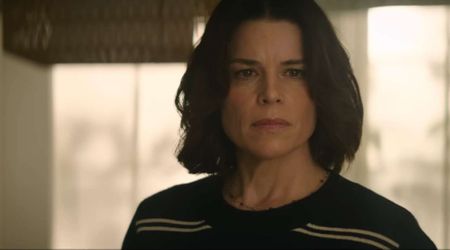'A Love Song For Latasha' Review: Netflix short docu is moving tribute to 15-year-old victim of racial violence

In 1991, a Korean-born store clerk shot 15-year-old Latasha Harlins in the back of the head at her store. The store clerk, Soon-Ja Du, claimed that Harlins had placed a bottle of juice in her backpack to steal and that she had shot the girl in self-defense. However, two eyewitnesses and a videotape of the incident did not corroborate Du's account. The police concluded that Harlins did intend to pay and after a scuffle broke out and Harlins turned to leave, Du reached for a revolver and shot Harlins from a distance of three feet.
The death of Latasha is seen to have contributed to the 1992 Los Angeles riots and the mayor's office estimated that 65 percent of all businesses vandalized during the riots were Korean-owned, according to reports. Du's store was looted and burned down during the riots and it never reopened. While the jury recommended a sentence of 16 years, the trial judge, Joyce Karlin, sentenced Du to five years of probation, 400 hours of community service, and a $500 fine.
While Latasha's death was a pivotal moment leading up to the 1992 Los Angeles riots, the public never got to know Latasha's full story and who she was. With 'A Love Song For Latasha', director Sophia Nahli Allison brings in a dreamlike short documentary that intends to paint a picture of Latasha that goes beyond her death. The documentary prominently features Latasha's cousin, Shinese Harlins, and her best friend, Tybie O'Bard, as they fondly remember the girl who inspired them to be more. In making this film, Allison tries to tell the viewers that Latasha was more than just a statistic — she was her own person, with her own dreams; someone who was undoubtedly important to those around her.
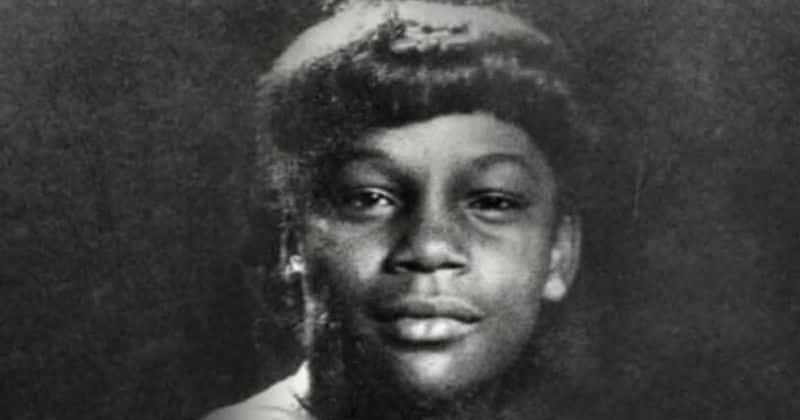
Allison's film is a mix of a time capsule and a memory book. The first story we hear of Latasha is when Tybie O'Bard, her best friend, recounts a summer event when she was getting bullied by other kids in a community pool. Latasha, who was walking by, jumps in fully clothed to protect her — and this was just the beginning of their friendship. Shinese Harlins, speaks of Latasha from the family context as she says Latasha was the responsible one who helped out her grandmother.
George Floyd, Breonna Taylor, Tamir Rice, Eric Garner — the list of unarmed Black people shot in racially motivated incidents, unfortunately, grows longer each year and so Latasha Harlins' name ends up being a little more than a footnote in history. Allison is careful to portray Latasha as her own person and uses the film to mourn a life cut short. The March 1991 shooting sparked protests across Los Angeles but privately, Latasha's loved ones were grieving. O'Bard recollects that when she had gone into the store with her mother, the clerk had pulled a gun on her while she was counting money. She remembers telling Latasha, who pushed her concerns away saying that the lady never pulled the trigger.
In 2020, 'A Love Song For Latasha' is more timely than ever and takes a moving look at the past from the present — nearly 30 years after Latasha was shot. Justice was probably never meted out then, but Allison tries to do justice to Latasha Harlins' memory.
'A Love Song for Latasha' is now streaming on Netflix.

